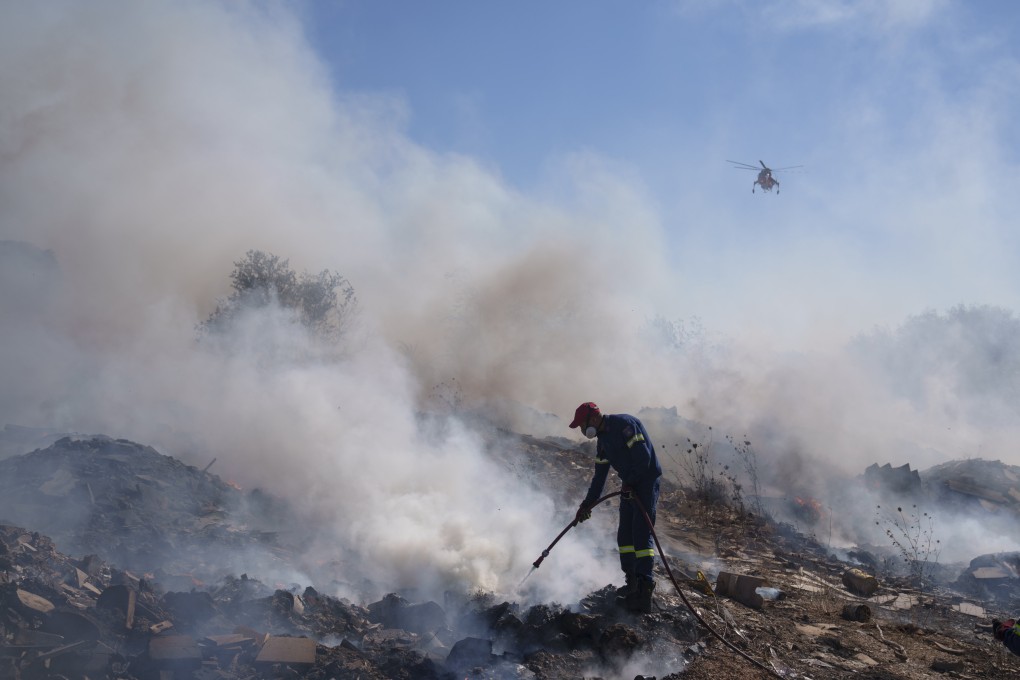Advertisement
Outside In | Humans must find a new relationship with fire to control global warming
- Rather than end wildfires, humanity’s challenge is to restrain destructive fire and reduce the amount of combustion driving climate change
Reading Time:3 minutes
Why you can trust SCMP
4

In recent months, we have watched wildfires blazing across northern California, Alberta and British Columbia in Canada and New Mexico as the northern hemisphere’s summer wildfire season has barely begun.
Advertisement
This is a reminder of an increasingly aggressive fire-climate feedback loop that is threatening communities across the world. It reminds us almost daily of the urgent need to restrain global warming, and the reality that we are at present failing.
Wildfires have generated an average of more than 6 billion tonnes of carbon dioxide per year during the last decade, with emissions from wildfires rising to almost 6.7 billion tonnes last year. Estimates suggest this means wildfires account for 20 per cent of total global greenhouse gas emissions, making them a troubling contributor to global warming which must be restrained.
Reactions to this news should be tempered with the knowledge that wildfires have been around for millions of years and have survived every ice age the planet threw at them. For most of that time, wildfires have been important contributors to climate stability, not just global warming.
What is different today is that so much of the wildfire we see is “bad fire” – the kind that kills people and destroys communities and landscapes. As we try to distinguish between good and bad types of fire, the troubling reality is that we are the key contributor. Arizona State University emeritus professor Stephen Pyne, a historian whose research focuses on fire, wrote in Scientific American that humans “became unique fire creatures. We used fire to remake ourselves, and then we and fire remade Earth”.

Advertisement
